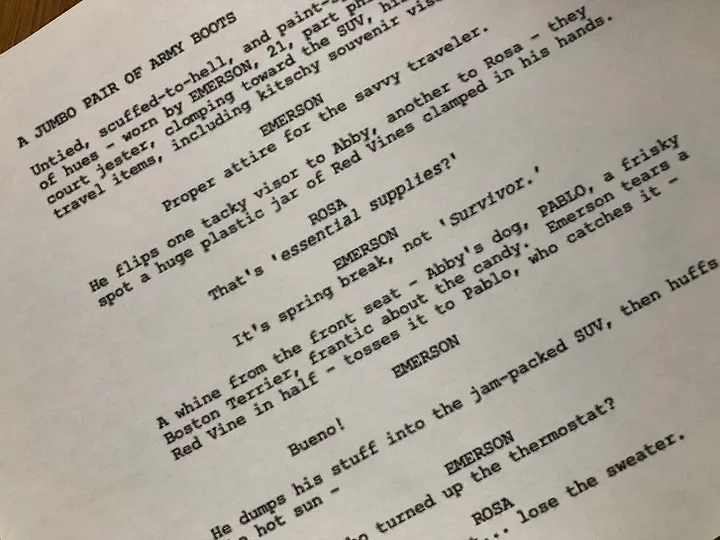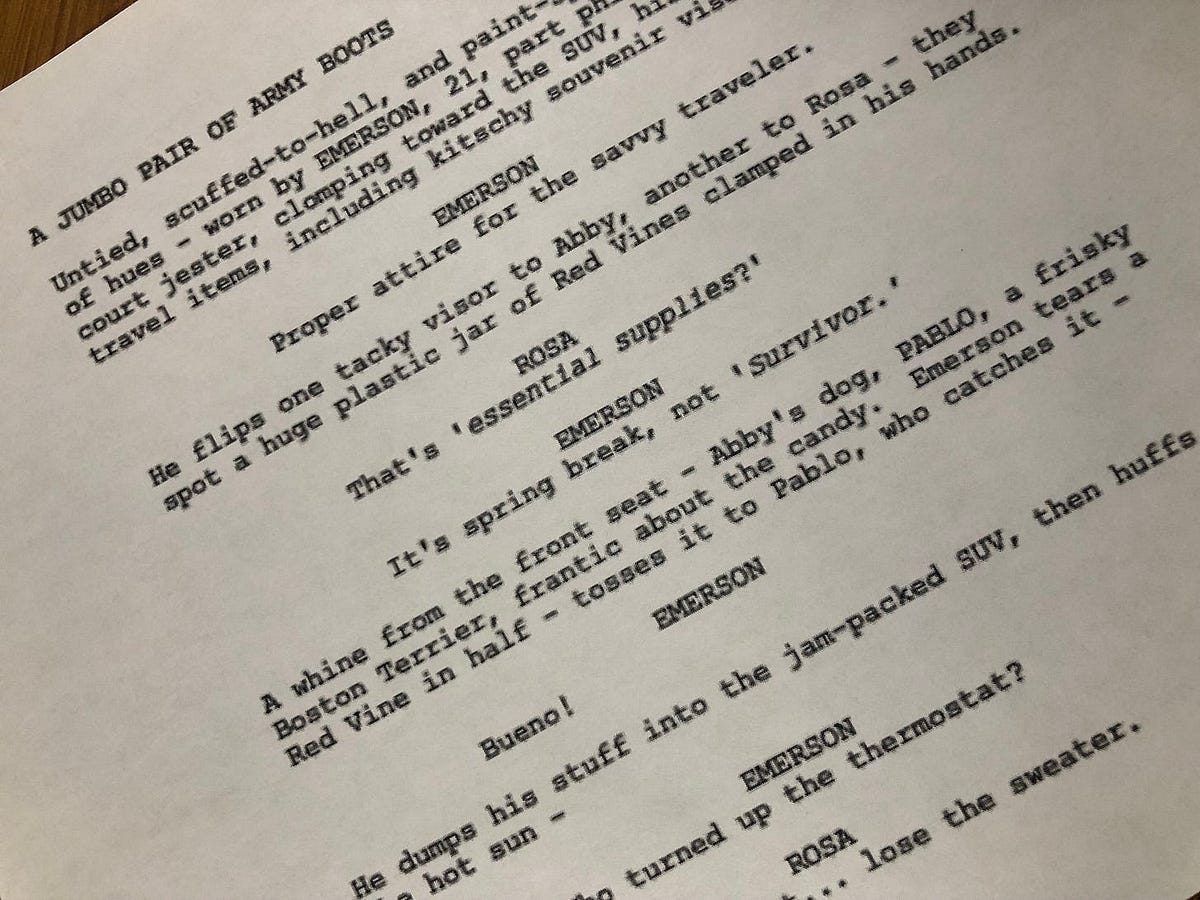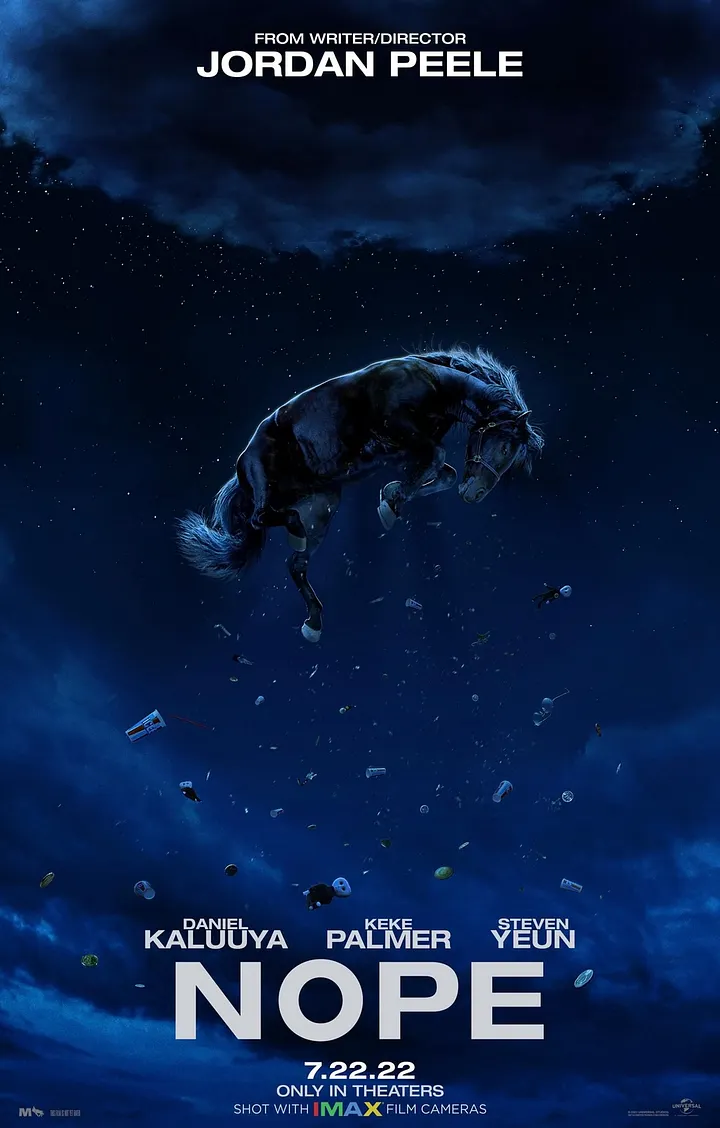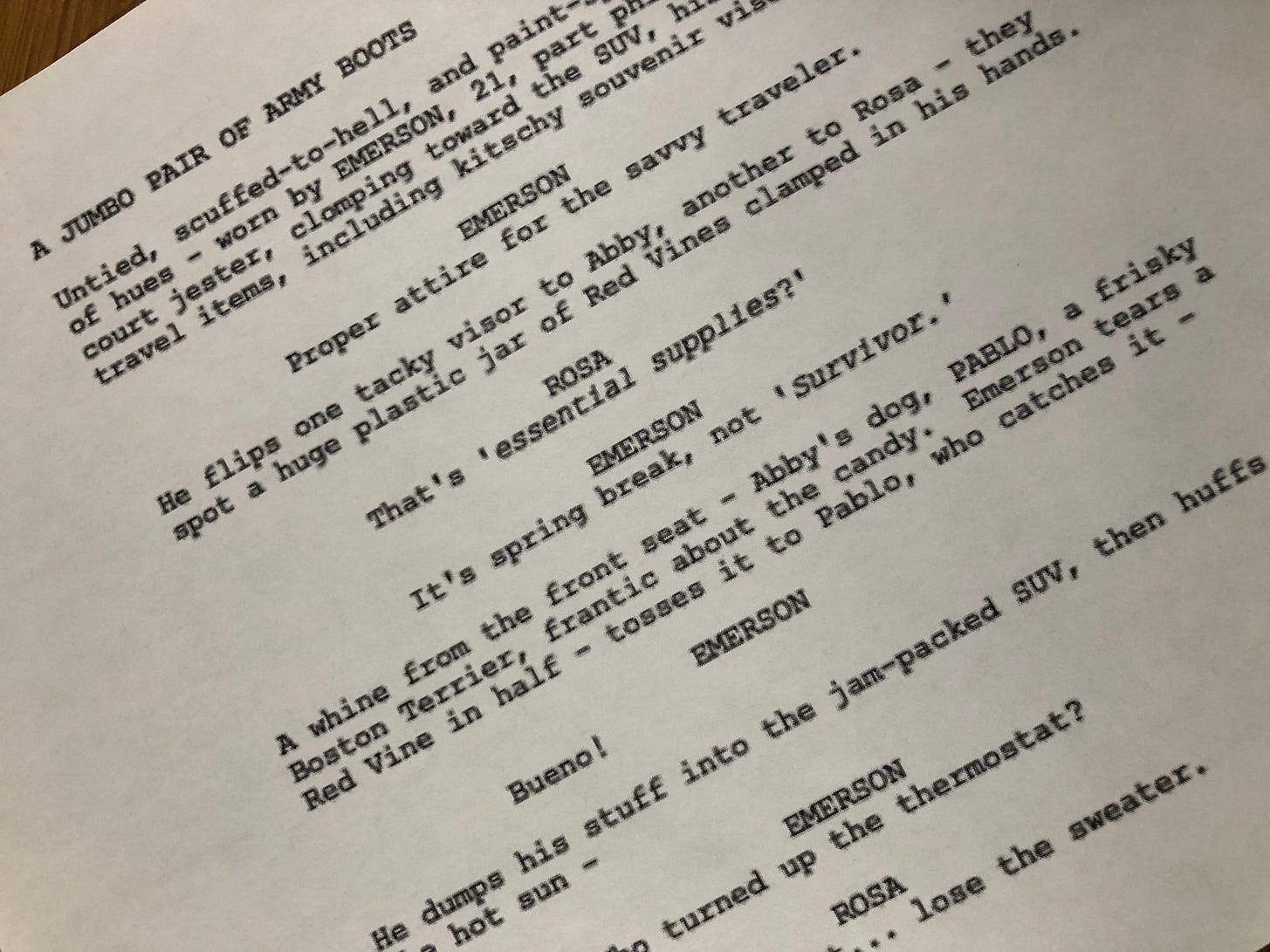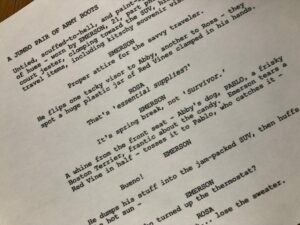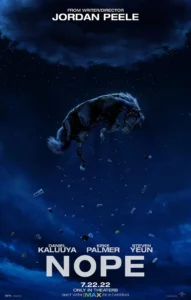Unlocking the Secrets Behind Stephen Gaghan’s Screenwriting Mastery: What Every Aspiring Writer Needs to Know

“When I moved to Los Angeles, I wrote spec screenplays. I was really poor, and I thought I was just gonna do this for a while to make a little money so I could write novels. I thought movies were a second-class art form. I condescended to it — I didn’t know enough to know it was really gonna be hard.
Things changed around the time I met Michael Tolkin. When I saw The Player (1992), when I was still living in New York, I had thought, “I wonder if I could do that.” A couple of years later I had become friends with an executive who was working with him on a project for HBO about Microsoft, and she put the two of us together. When he and I first met, we talked about Proust, and we both loved Tolstoy, and we had a lot of similar references. So we ended up spending the whole meeting talking about ‘The Death of Ivan Ilyich’ and ‘The Kreutzer Sonata.’ And I was just so happy. I didn’t care what happened after that — it was just the greatest afternoon. I thought, “I love this guy. He’s so funny and so cool, and just an absolutely first-rate artist in all of his thinking.”
We teamed up on the HBO project, which was a satire about Bill Gates and Microsoft, a sort of Dr. Strangelove piece about technology, called 20 Billion. We’d break up the scenes, we’d write our scenes, we’d get back together, and his scenes were just so much better than mine that I couldn’t believe it. I’m lucky I could see how much better his were — I mean, that’s the first real break, realizing how not-good you actually are, and cutting through all the nonsense smoke that’s usually being blown at you in the zip codes around Beverly and La Cienega boulevards. But I knew — I knew he was great and I was terrible, so I started literally sitting behind him and watching him type when he would write his scenes. We’d keep reworking the story, and this went on for a long time. And then one day, I riffed out a subplot involving two characters who were sort of like the girl I was living with at the time and myself. I wrote the scenes, maybe 15 pages, in a few hours. I showed Michael the scenes, and I saw it in his face: “Hey, this is actually pretty good. That’s gonna be in the movie.” And he was happy for me, too. And when it was over, I was at the point where I felt like, “Wow, I’m writing scenes that should be shot.” Three years of my writing career had gone by — I used to think, “I’ll…
